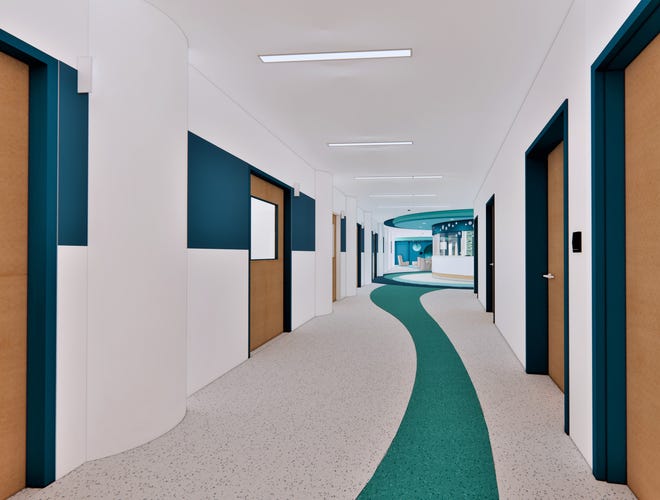Unmet needs and barriers are continuing to affect those with mental health
A new report shows unmet needs and barriers are continuing to affect those with mental health conditions.
In Louisiana, 715,000 adults have a mental health condition, and 44,000 ages 12–17 have depression, according to a National Alliance on Mental Illness report. In February 2021, 47.5% of adults in Louisiana reported symptoms of anxiety or depression. Many struggle with mental illness because of a lack of insurance and other resources, as well as the stigma associated with mental illness.
The Acadiana Area Human Services District conducted a community needs assessment for the residents of Acadia, Evangeline, Iberia, Lafayette, St. Landry, St. Martin and Vermilion parishes. The assessment showed that, within the seven parishes, 1,679 children had a substance use disorder in the past 12 months.
“What concerns me is that 1,523, which is the vast majority of that population, needed help but did not receive treatment,” Executive Director Brad Farmer said.

Insurance
Insurance is a barrier for many to receiving mental health care. Research from QuoteWizard showed a direct correlation between the number of people who don't receive mental health care and the number of people who don't have insurance.
In Louisiana, 8.9% of residents are uninsured, and many Louisianans are four times more likely to be forced out of network for mental health care than for primary health care, making it more difficult to find care and less affordable due to higher out-of-pocket costs. Of the 194,000 adults in Louisiana who did not receive needed mental health care, 41.8% did not because of the cost, according to NAMI.
Forbes ranked Louisiana No. 11 among the worst states for mental health care, reporting that 27.79% of adults with a cognitive disability could not see a doctor due to cost, and 62.50% of youth who had a major depressive episode in the past year did not receive mental health services.
Acadiana Area Human Services District was created to provide administration, management, behavioral health, addictive disorders, mental health disorders and developmental disabilities services to the residents of the seven parishes.
“We don’t turn anybody away due to financial status, that is a part of our mission, so financial issues are probably one of the least barriers for the populations we serve," Farmer said.
Lack of professional care and service
In Louisiana, 3,398,990 people live in a community that does not have enough mental health professionals. Farmer cited the lack of resources in many rural areas.
"The service capacity is available within Acadiana, mostly centered in Lafayette," Farmer said. "But when you get into those more rural areas, you see a lack of help. The workforce within this field is a problem because finding people to work that are licensed and have the right credentials is challenging. Not just in Lafayette but across the country, how do we get more employees?"
The Louisiana United Methodist Children and Family Services found that among 79% of Louisianans, DHHS reports only 26.2% of the mental health needs are being met, and that to meet the mental health needs of Louisiana’s citizens in the 167 Mental Health HCPAs would require 166 additional psychiatrists.
Social stigma
Nearly one-third of Americans have worried about others judging them when they told them they have sought mental health services, and 21%, have even lied to avoid telling people they were seeking mental health services, the report found.
The community needs assessment within Acadiana reported 20% of respondents were concerned about the stigma and peer pressure associated with mental health conditions.
"After being in the field for 32 years, I have seen the social stigma about mental health improve," Farmer said. "If there was is one good thing about COVID, it tremendously impacted addressing stigma, because now people talk about it a lot more, and you hear people much more commonly hearing check on your mental health."
This stigma is particularly true among younger Americans, who are more likely to have worried about others judging them when they seek mental health services, according to the National Council for Wellbeing. Other barriers included 45% believed trusting someone to speak with was difficult, and 46% not knowing how to get help.
The CDC states mental health can affect how we think, feel and act, all components of overall health.
To find out more about AAHSD and its services, resources and locations, visit aahsd.org.